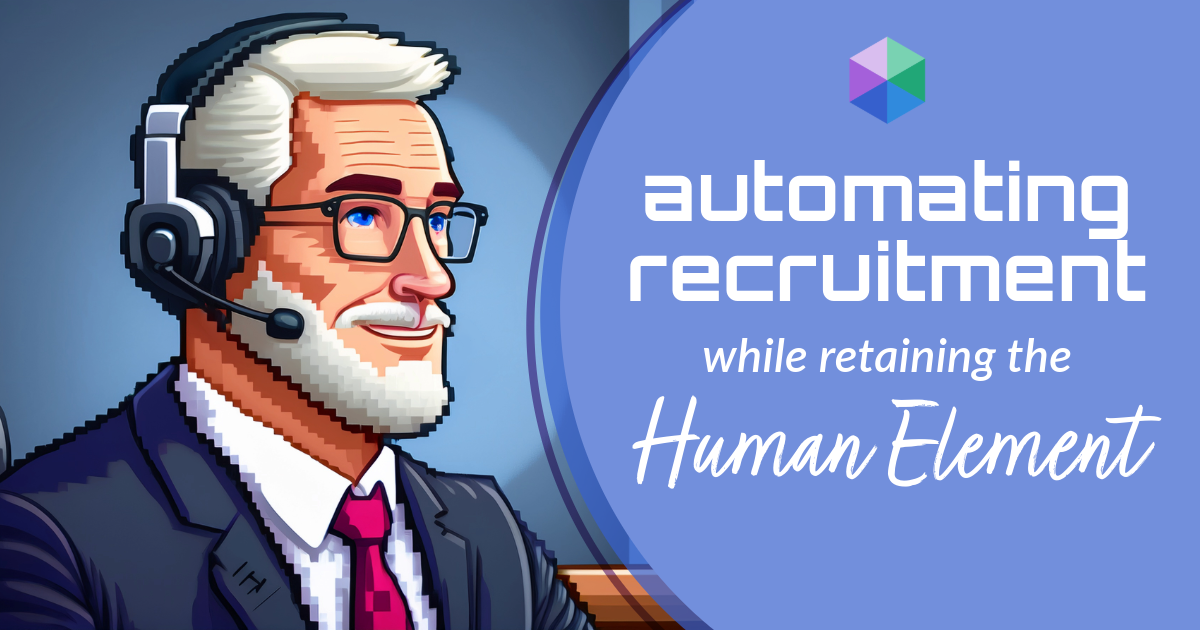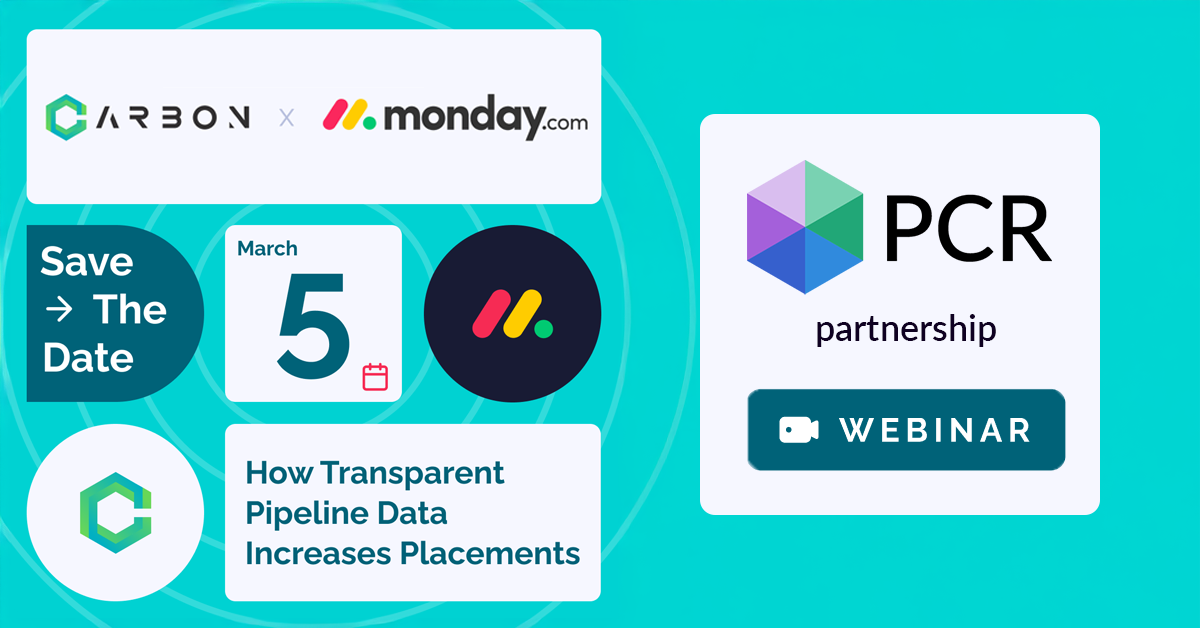For most companies, one of the main goals of implementing staffing software is to save money, so you should make sure the software itself isn’t going to cost you an outrageous amount.
The majority of companies can reduce their software costs by up to 20 percent without changing vendors, according to an article by Personnel Today. This can mainly be done by only paying for what you need and working with what you already have.
“We’re spending more than ever on technology, but we’re not paying attention to where that money goes,” Andy Kyte, a research fellow with Gartner Group, said.
Here are 10 things to consider before implementing your new staffing software, all of which may help you save money in the long run:
1. Price – Ask your vendor if the price you agreed to pay is fixed and how you will be charged when you want to make changes or upgrades to the software. These things can become rather expensive if you plan to roll out a large payroll software system that will consistently change over time.
2. License – Ask if the license to use the software is one-sided – meaning it limits the customer’s usage – and if the terms of the licensing are spelled out in the contract. Keep in mind that many American companies rely on tough contracts.
3. Implementation – Who is responsible for implementing your new software, you or the vendor? Make sure that whoever is installing it has a good amount of experience with the type of company you run.
4. Project management – Make sure you’re aware of the methods that will be used for to manage, develop and test your new software, and that those methods fit with your overall business.
5. Sales support – Does the vendor supplying your software have its own sales support team, and if so, can they guarantee that any bugs you encounter will be fixed in a timely and professional manner?
6. Escalation – What does the vendor plan to do if it can’t resolve your problems quickly and easily?
7. Ongoing charges – Are there any recurring fees you’ll have to pay for renewing contracts or seeking technical support?
8. Upgrades – Can the vendor tell you right now how much it will cost to upgrade your software in the future? Also, how much support is included in the up-front price of the software package?
9. Guarantees – What kind of guarantees or warranties does the vendor offer? This is important to know in case the software company doesn’t deliver on time.
10. Termination – What will you have to do in order to terminate your software contract? Find out if you have to give a certain amount of notice, because too short or too long requirements can cause problems for your company and the vendor.

The job of recruiting in 2025 is, to put it mildly, complex. Of course, you’ve still got the classic struggles of juggling open roles (many, if you’re lucky!), engaging with a constant stream of jobseekers, and striving to build lasting relationships with your clients. However, the modern recruiter also has to balance the need for efficiency and competitiveness with the fundamental human connections that underpin successful placements.
Read more
On Wednesday, April 2 our partner Quil will be co-hosting a webinar with us about their PCR integrated note-taking AI for recruiting teams. Register now!
Read more
PCR joins partners at CarbonWeb on March 5th at 1 PM EST for an exclusive webinar about the power of transparent pipeline data and how it can transform your recruiting efforts and increase your placements.
Read moreFind out more about who we and what we do.